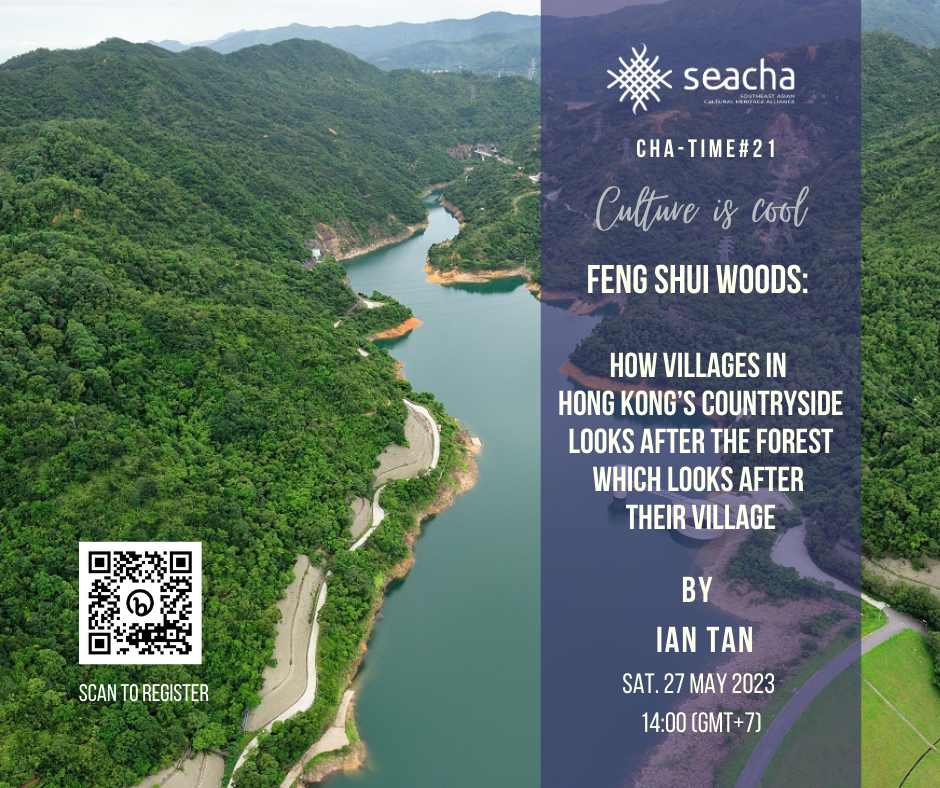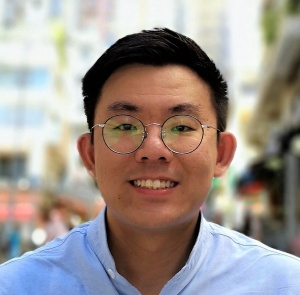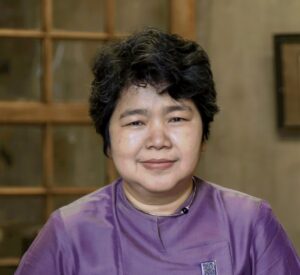

About this talk
The feng shui woods is considered a form of indigenous knowledge system which acknowledges the close relationship between man and nature, commonly known as a set of rules for selecting the ideal place for settlement and development. Villages in Southern China, including Hong Kong, are typically set in verdant woodlands and along peaceful shores where vegetation and houses blend in perfect fusion. These sylvan settings alongside vibrant rural communities in Hong Kong’s countryside fully illustrated the harmony between man and nature, and epitomized the importance of sustaining our cultural landscapes through nature and culture-based solutions. There are many traditional practices maintained by rural communities, to preserve for generations of villager’s good fortune and good energy circulation in the valley.
This talk aims to introduce this landmark feature of village planning in Southern China, and secondly, to articulate the importance of such a traditional practice in relation to cultural landscape management and nature-based solutions practiced in rural communities, and to juxtapose the management of Feng Shui woods with the construction and conservation of Hakka architecture in Singapore, and demonstrate how cultural heritage policies continue to emphasize building form and architectural style over the holistic understanding of landform and traditional practice.
Speaker & Moderator

Speaker: Ian Tan
Ian Tan is a Singaporean working in Hong Kong. He is an adjunct lecturer in the History and Theory of Architectural Conservation at University of Hong Kong. His research interests lie in colonial and vernacular architecture and focuses on the 19th and 20th century development of iron building types in Asian port cities. Ian’s research engages in the parallel development of architecture and conservation during the 19th and 20th century, and the intersection of related fields, such as craftsmanship, archaeology, and museum management. He is especially interested in the exchange of building craft across East and Southeast Asia.

Moderator: Moe Moe Lwin
Daw Moe Moe is a trained in architecture and received an M.Sc in Urban Planning from the Asian Institute of Technology, Bangkok. She practiced as an architect for over 22 years, and has volunteered in professional affairs for nearly 20 years. She is currently the Director of Yangon Heritage Trust, an independent non-profit organization working to promote and protect Yangon’s unique heritage, since it was founded in 2012. She has been serving as executive member of the Association of Myanmar Architects since 2001 and of the Myanmar Architect Council since 2015. She is the Vice-Chairperson of SEACHA

This talk is free of charge. Registration is required.
Register Here